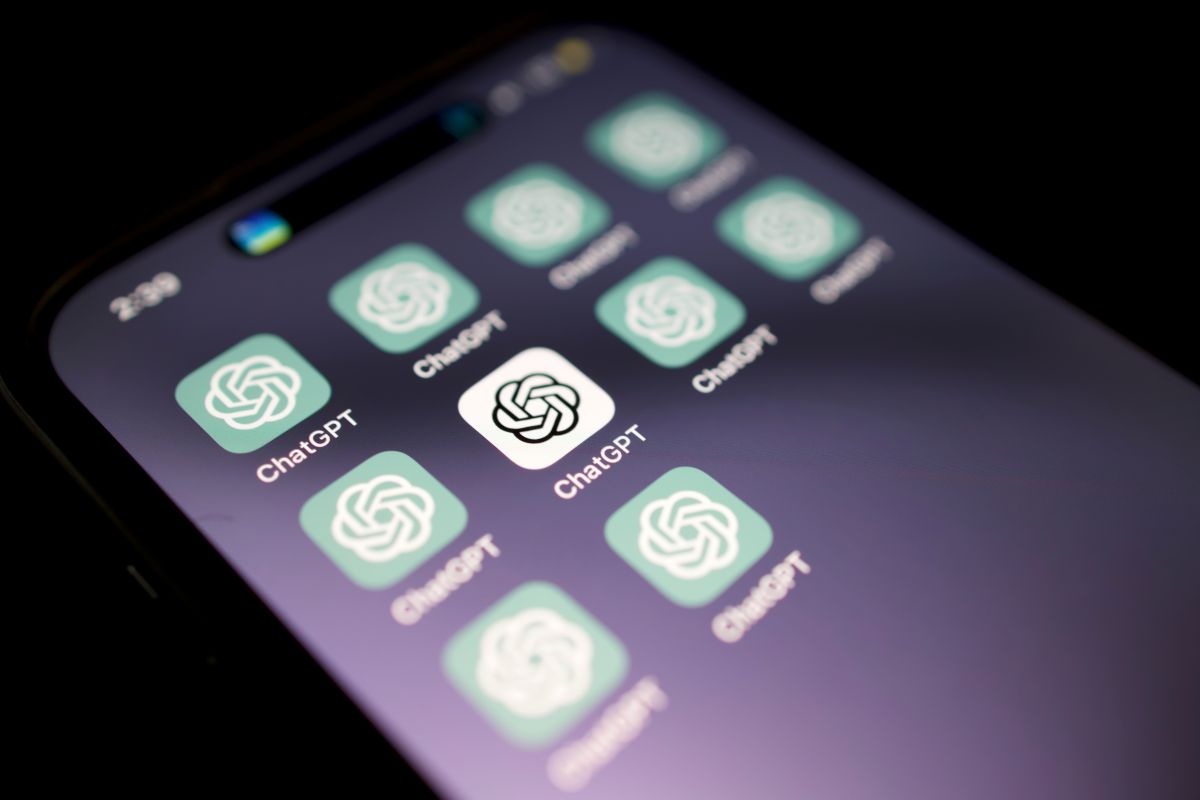
[Flash] Are Human Mentors Obsolete in the Age of ChatGPT? (Spoiler: No!)
|
Artificial intelligence (AI) is hard to ignore – it’s dominating the conversation and changing how we engage on various levels.
Last week, I delivered my manager-to-leader program to an in-person audience of eager and engaged emerging leaders. When it ended, one of the participants, Sally, approached me for some advice about public speaking. Sally asked if I ever felt nervous on stage. I shared, “Of course! I always get nervous initially – that’s how I know I care. But I’ve learned to tell stories to shift my focus from my angst to my audience.” Feeling validated, Sally revealed, “When I get nervous, I ask ChatGPT to help me overcome my imposter syndrome. And it reminds me that I am better than I think.” I felt punched. She turns to ChatGPT for mentoring?! Are human mentors obsolete now? (ChatGPT is simply a version of AI that generates human-like conversational responses to questions. Instead of spending hours weeding through websites and navigating a slew of derailing clickbait when we need information, ChatGPT filters the internet for us and produces answers in seconds!) I decided to ask the culprit. I typed the following into the prompt box in ChatGPT, “What advantages does a human mentor have over ChatGPT?” Here’s a summary of the results it generated for me:
Now, I felt validated! Sally didn’t ask ChatGPT about my experience, advice, and insights – she asked me personally. And Sally could have asked ChatGPT for information about managing vs. leading, but she opted instead to attend an in-person program to connect with and learn from others. While ChatGPT is indescribably efficient, providing us valuable information and even advice, it is a poor substitute for mentoring with a human.
Its sole job is to produce intelligence, not help us gain wisdom – that’s what Mentors do. “We learn when we deeply process information. If we’re removed from that and we’re delegating everything to ChatGPT, we’re not connecting to that information.” ~ Gloria Mark, Professor of Information Sciences © 2025. Ann Tardy and MentorLead. www.mentorlead.com. All Rights Reserved. |







